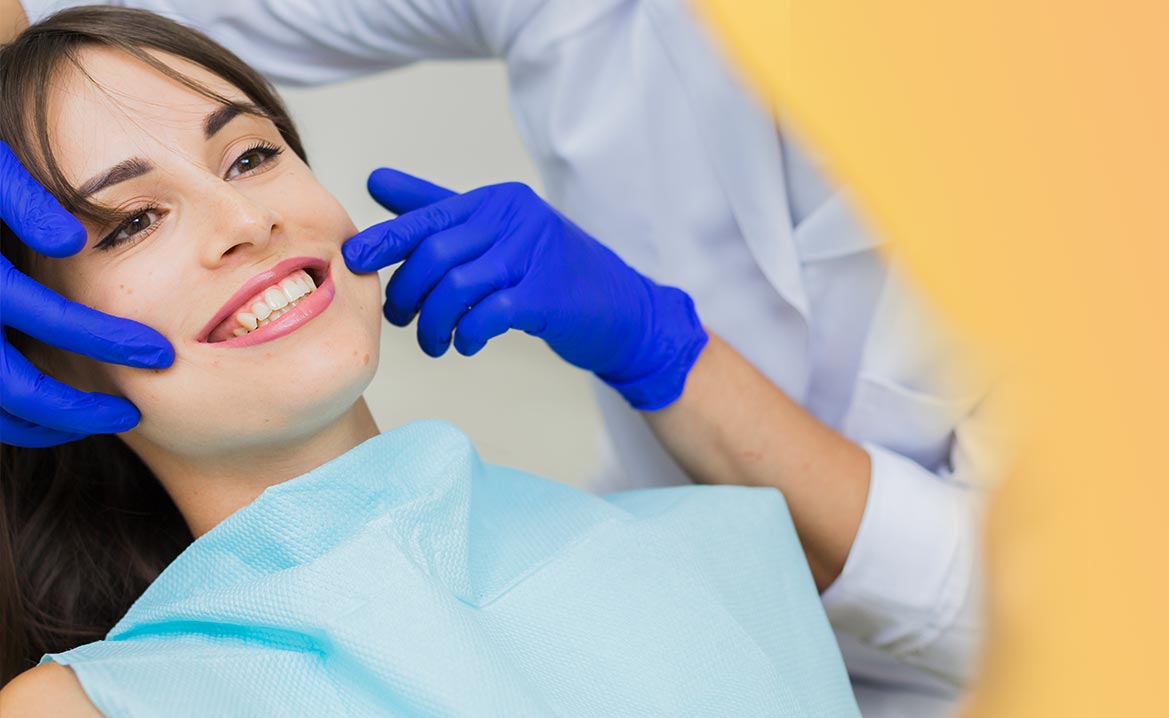From our boutique dental clinic, located only a couple of short minutes walk from King’s Cross St Pancras in London, we are delighted to offer oral surgeon consultations and treatments to out new and existing patients.
With a team of highly experienced and extremely skilled dentists and specialists, we cover a vast range of dental treatments. We welcome nervous dental patients and strive to ensure that your treatment is pain-free and as enjoyable as possible.
Review our services below or call our friendly receptionists to discuss your needs.
What does a specialist oral surgeon do?
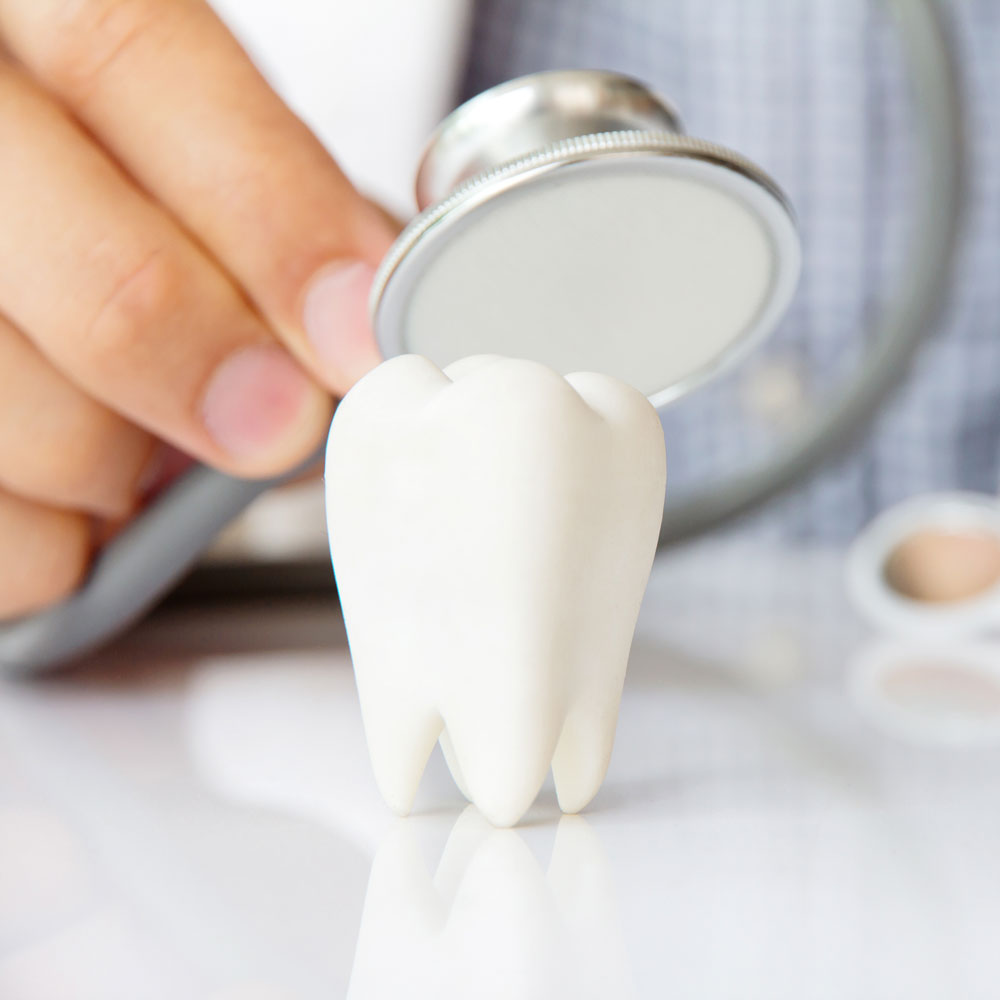
An oral surgeon is a specialist dentist, who has obtained additional qualifications and gained experienced in oral issues requiring surgical intervention. The treatments, performed by an oral surgeon include minor interventions, such as obtaining a biopsy sample, or more complex procedures like jaw surgery.
Although oral surgeons practice emergency dentistry where necessary, most treatments require a consultation and in many cases X-rays or CT scan (3D head scan), before a treatment plan is prepared. Dental sedation is administered before every procedure and intravenous sedation is available for our most anxious dental patients.
Surgical removal or impacted tooth
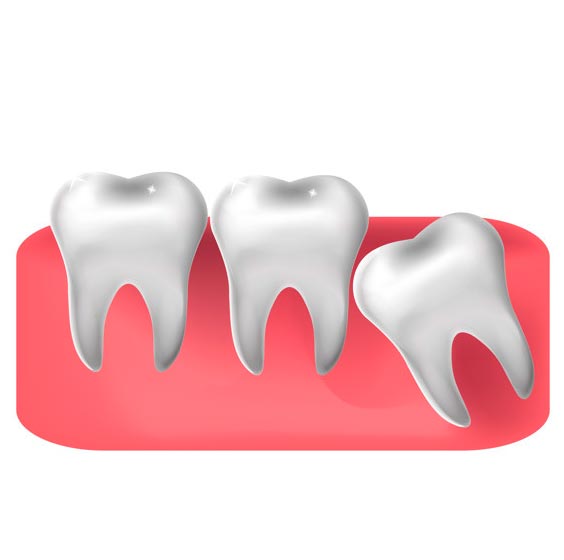
The removal (extraction) of an impacted wisdom tooth is one of the most common procedures requiring oral surgery. The treatment requires a local anaesthetic which numbs the location around the tooth and ensures there’s absolutely no sensitivity. A minor cut in the gums is often required to release the tooth and allow the dentist enough access to remove it without breaking.
In some occasions intentionally breaking the tooth in pieces allows the dentist to remove it without harming the jaw bone. Do not worry – the entire procedure usually lasts less than 40 minutes and modern anaesthetic is sophisticated enough to guarantee you don’t feel a thing. A few stitches may be needed at the end to help the gums heal faster. In most cases, you can go back to your eating habits within less than 48 hours and be completely healed in only a 4-5 days.
Complex surgical tooth removal
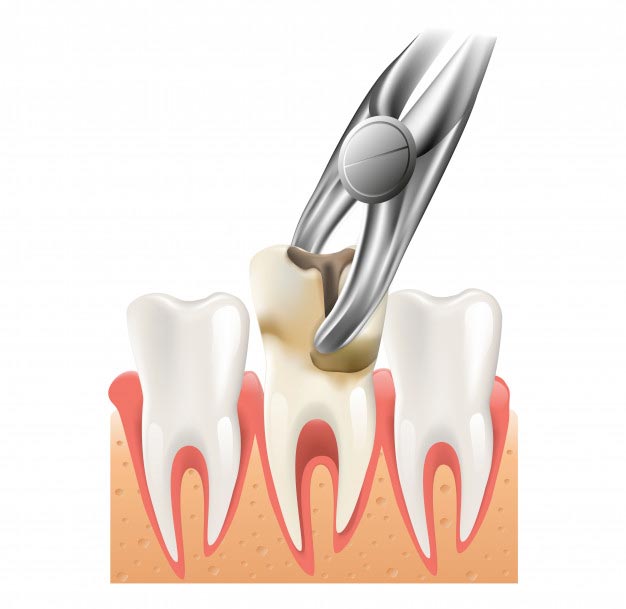
Surgical tooth extraction is most often needed for the molars, where the tooth has more than two roots. Similar to the removal of an impacted (buried) tooth, the procedure is carried out under topical sedation which removes all sensitivity during the intervention and sometimes for a couple of hours afterwards.
A surgical tooth extraction will often require approximately 25-30 minutes and is likely to call for a minimal incision on your gums. This allows the dentist to gain better visibility and to ensure no parts of the root remain inside the jaw bone. A stitch or two on the gums may be needed on some occasions to finalise the procedure.
It is important to follow your oral surgeon’s advise strictly after the procedure to avoid the development of a dry socket. You can expect to restore your normal chewing functions within 24h and to heal completely in 4 to 5 days.
Surgical endodontics (Apicectomy)
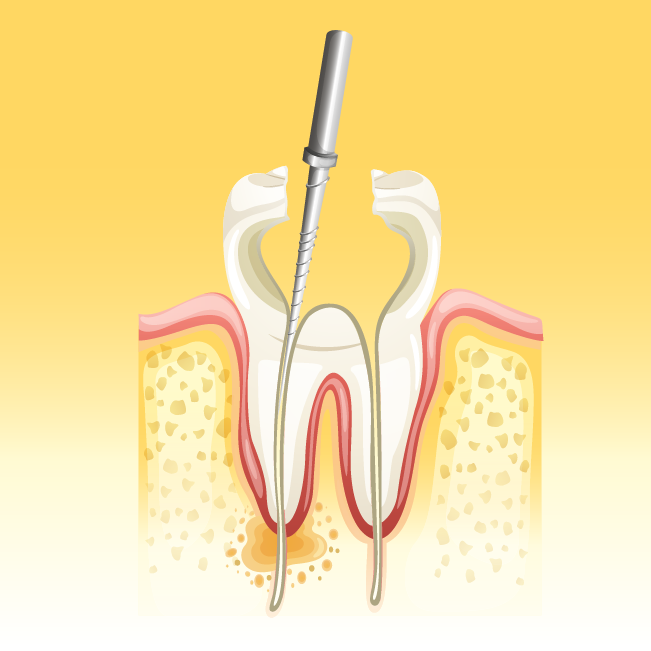
Apicectomy is the surgical procedure of removing the tip of the tooth’s root and filling it with biocompatible material. This procedure can be considered the last attempt to save a tooth before extraction becomes inevitable.
In most cases, an apicectomy will be required after a root canal treatment has been carried out on a tooth, but minor caries or a dental abscess has developed in the root. After an X-ray image is taken, the dentist can determine if the abscess is accessible via repetition of the root canal treatment, or if an oral surgeon needs to carry out an apicectomy.
As with all oral surgery, the apicectomy is entirely pain-free and carried out under topical sedation which numbs the location for the duration of the procedure.
Removal of buried roots
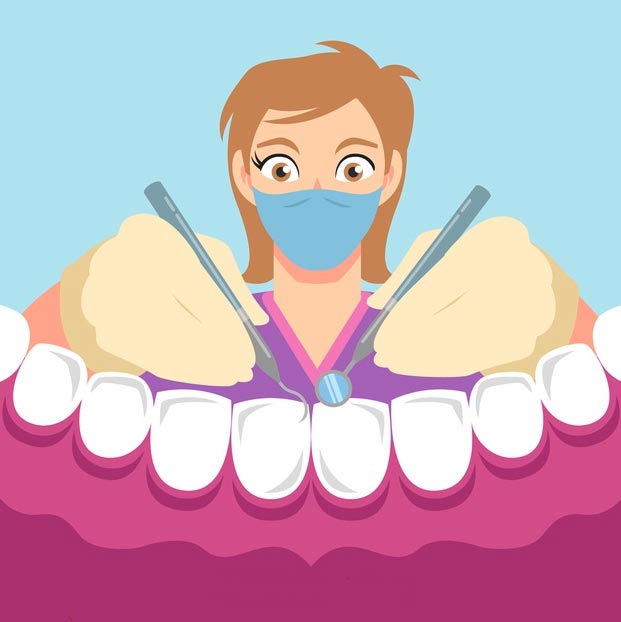
If a root remains inside the jaw bone after extraction or as a result of dental trauma, it can cause an infection in the mouth and severely damage the bone’s integrity if left untreated. In most cases, you will be able to identify the infection soon after the extraction; the symptoms will include pain, facial swelling, red and sensitive gums, and perhaps even fever.
Oral surgeons are trained to remove retained roots and the procedure requires extensive skillset and experience. To carry out the removal, the surgeon will apply topical sedation, completely numbing the location. After a minor incision in the gums, they’ll use specialised tools to remove the roots and clean the surface of the jaw bone (don’t worry – you will feel nothing). Once ready, the surgeon will stitch the gums, allowing it to heal properly over the course of the next few days.
- We offer a unique 24 Hours / 7 Days aftercare cover for all our patients;
- No registration required for new patients.
- Active treatment carried out on the same emergency appointment. Same-day root canal treatment or tooth extraction services are available even for complex surgical wisdom tooth extractions.
- Sedation is available for anxious patients.
- Exceptional care from a highly-experienced, qualified and ethical team of 20 dentists and hygienists, including registered specialists in endodontics, orthodontics, prosthodontics, and periodontics.
- With an in-house 3D CT scan, we can diagnose any condition as accurately as possible.
- In-house CEREC technology enables us to provide you with same-day crowns and same-day veneers.
- Established in 1973 and has been providing excellent dentistry services since then.
- Proud winners of British Dental Association Good Practice award for past 4 years running.
- Highest rated private emergency dentist in London with over 500+ 5 Star google verified reviews and over 200,000 satisfied patients served over the past 20 years.

If you’d like to book a consultation with a specialist oral surgeon online, please use the link below. Please note that we require a deposit to secure your appointment.
We accept walk-in patients and emergency appointments. To ensure we’re able to see you immediately, please book your appointment online when you’re on your way, or give us a call on 020 7278 6362.
We’re available Monday to Saturday, from 9 am until 5 pm.
